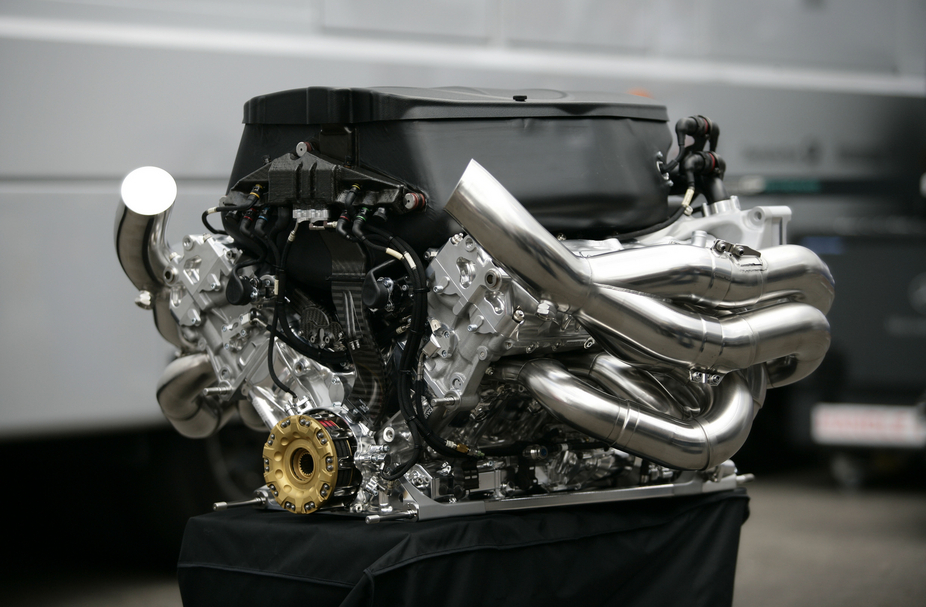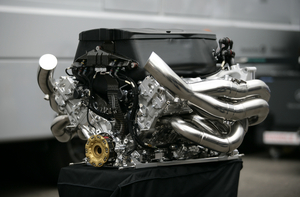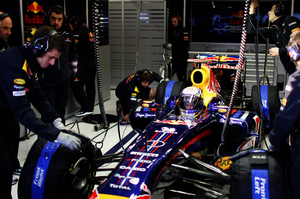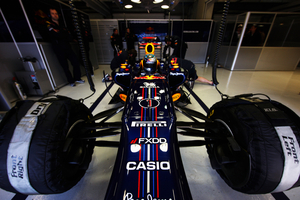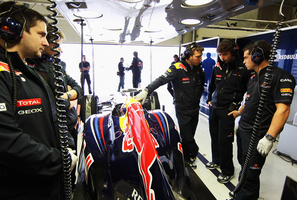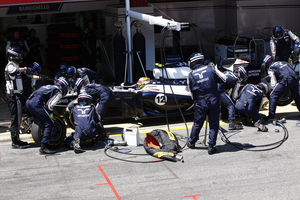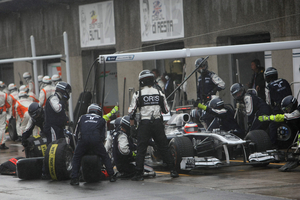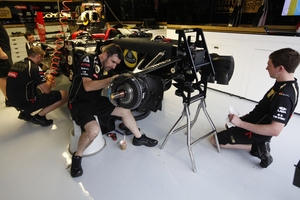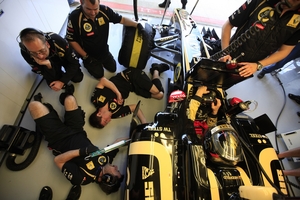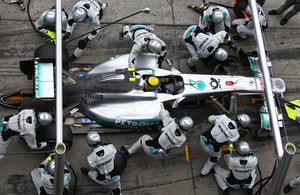|
Send this page to a friend! Fill in the form bellow | ||
news
F1 engine changes: all about money?
With the current break in Formula 1 action, it seems like an appropriate time to discuss the engine changes that the FIA recently announced it is implementing for the 2014 season and what they mean for the future of the sport.
After toying with the idea of switching to four-cylinder engines late last year, the F1 commission has settled on a decision that will see the current 2.4-litre V8 engines swapped for 1.6 litre 6 cylinder turbo engines – the first time that turbochargers will be used in the sport since 1988.This little dilemma was the first indication that money motivates the powers that be in the FIA when Adrian Newey, thechief technical officer of Red Bull Racing, revealed that the only reason four cylinders were to be given a chance was to lure Audi into the competition.It was only after a last minute decision to pull out by the German manufacturer that the governing body relented and opted to only cut down the number of cylinders by two.
Pressure from top-tier teams such as Ferrari – as well as many of the venues that host the races – was also a mitigating factor in the decision to drop the four-pots. This was because of concerns expressed over the potential loss of revenue due to fans not taking kindly to the cars only revving to 12,000 rpm as was originally proposed.Again, money.
As well as lowering the displacement of the engines to improve fuel efficiency – the official reasons given for this is that it is to reduce the sport’s carbon footprint – the FIA has also ruled that when entering pit lane, all cars will have to switch to an electric engine and use ‘EV’ mode. This is not just scary for fans, whose enjoyment of top-level racing is threatened by the notion of silent vehicles, but for Formula 1 boss Bernie Ecclestone as well.
Ecclestone recently told the Daily Express how he fears that a move like this will impede the safety of pit crews and others who inhabit the pit area:
“Formula One is absolutely not the right place to have electric engines. It’s like having ballet dancers with sneakers. More comfortable, but it doesn’t work… There’s no way that it will be electric in the pit lane. People could be killed because they won’t hear the cars coming,” he said.
If a move like this does end up in effect, where will it stop and what is the solution? A bunch of glorified Toyota Prii is almost certainly any F1 fans worst nightmare and pre-recorded engine sounds to make up for the lack of electric engine noise is just insulting.
Furthermore, you can’t tell me that the governing body of the world’s premium form of motorsport – which is also comprised of some of the world’s brightest engineers and motoring minds – genuinely believe that saving a bit of fuel (they actually have the audacity to promote the new engines as ‘green’) will have any impact whatsoever on reducing the possibility of global temperatures being raised a fraction of a degree in the coming decades. If they really wanted to ‘save fuel’ wouldn’t reducing the length of the races be more practical. And what about addressing the fact that throughout the F1 season an exorbitant amount of fuel is used transporting the teams and their equipment all around the world?Fans also use fuel to drive to the races.
If we can see one positive from this ordeal, it has to be the commonly-held belief that the technologies developed by F1 teams eventually filter down to the production models which we drive on the road.This being the case, it would be nice to see the elite sport experiment with technologies such as hydrogen fuel cells – a power source whichas we know is completely sustainable, practical and does not rely on difficult-to-produce batteries and dirty power from the grid to charge.
It’s obvious that it is difficult for the FIA to keep all of Formula 1’s stakeholders happy while at the same time attempting to shed its image as an environmentally-unfriendly sport – green-tech fanatics Renault even threatened to quit the competition unless new rules were brought in.But perhaps it is time that they stop being so spineless and accept that fact that Formula 1 has, is and always will be a culture of money and excess. It’s fine to want to save money, just not at the expense of the fans who dedicate so much to the sport when the hidden motive is sacrificing integrity for the purpose of attracting more commercial partners.
Contribute
latest news




